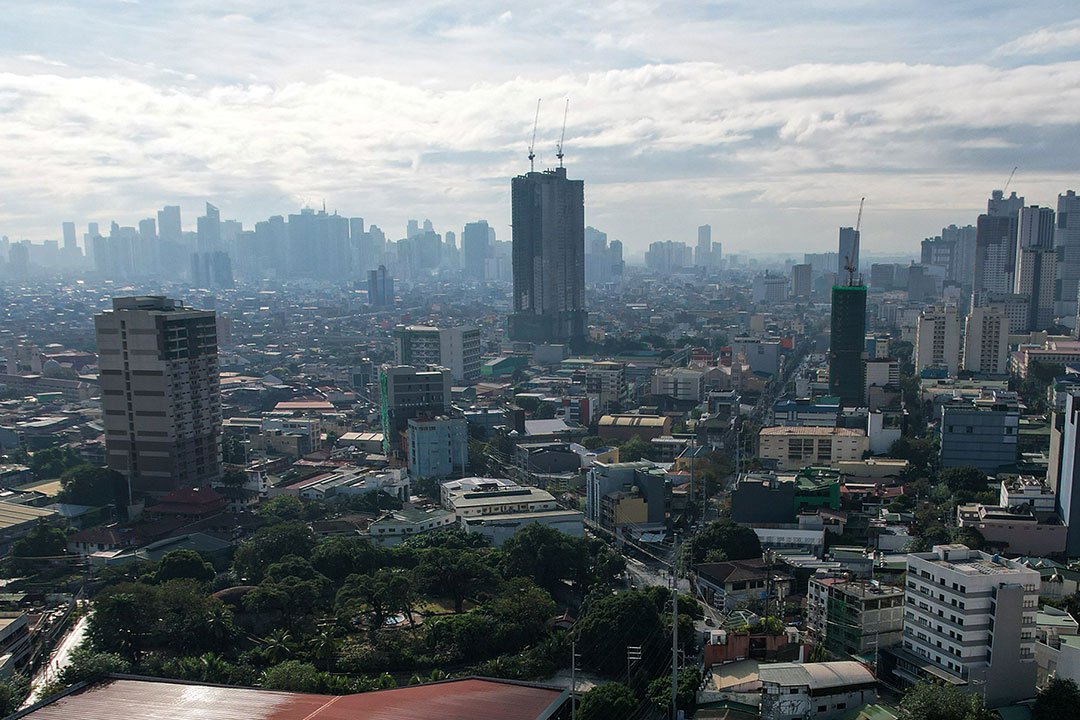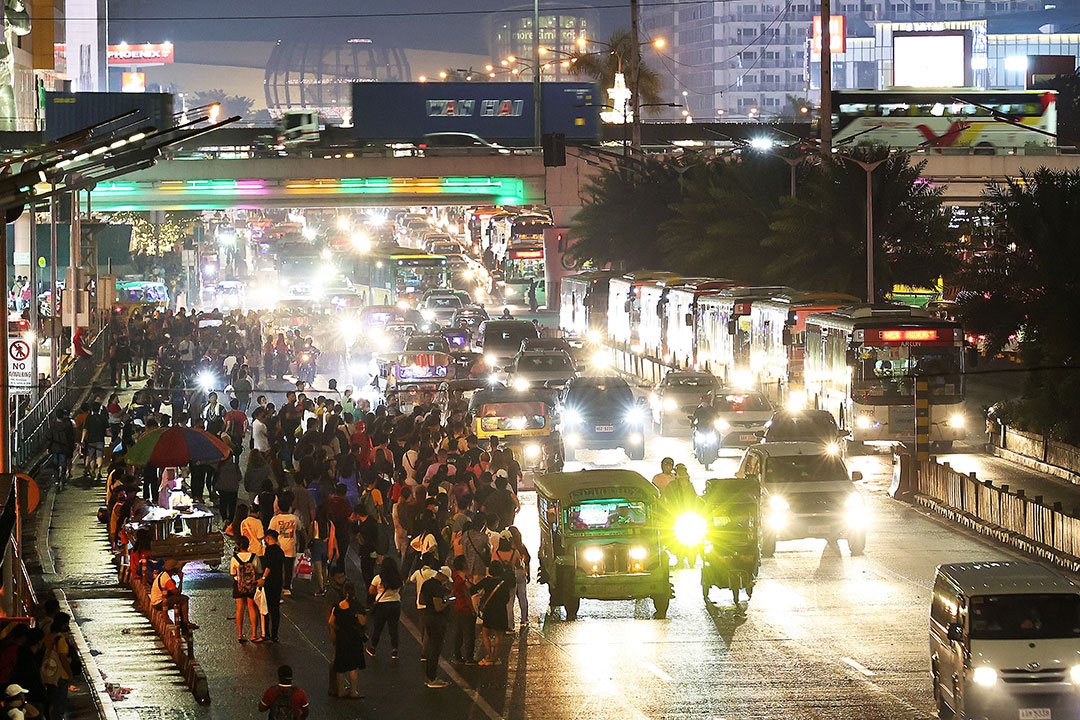
Upgrade to High-Speed Internet for only ₱1499/month!
Enjoy up to 100 Mbps fiber broadband, perfect for browsing, streaming, and gaming.
Visit Suniway.ph to learn
Brix Lelis - The Philippine Star
June 22, 2025 | 12:00am
Speaking to visiting reporters, MLNG managing director and CEO Laga Jenggi said the company is stepping on the gas pedal to become an enabler of energy resilience amid the bold shift to cleaner fuels.
BusinessWorld / ENERGY.AGPGLOBAL.COM
SARAWAK – Malaysia LNG Group of Companies (MLNG), a subsidiary of energy giant Petronas, is positioning itself as a key liquefied natural gas supplier in Southeast Asia, with the Philippines among its target markets.
Speaking to visiting reporters, MLNG managing director and CEO Laga Jenggi said the company is stepping on the gas pedal to become an enabler of energy resilience amid the bold shift to cleaner fuels.
“We do not see LNG as something that’s going to end anytime soon (despite) people calling it a transition fuel. No matter how much we want to switch our energy to be green, it’s going to take a much longer time,” Jenggi said.
“We’ll continue to support the energy needs of the region, which is the closest. Logically, you don’t want to ship this LNG to the other side of the globe if your neighbor actually needs it,” he said.
In the Philippines, natural gas and LNG are seen as a bridge fuel to transition away from coal-fired power plants and pave the way for wider adoption of low- or zero-carbon energy sources.
With LNG demand on the rise, MLNG is gearing up to capture a share of the Philippine market.
“Hopefully, that will happen soon,” Jenggi said, citing ongoing and previous discussions within the Petronas Group about entering the Philippines’ LNG market.
With expertise spanning over 40 years, MLNG operates the 303-hectare Petronas LNG complex in Bintulu, Sarawak, in Malaysia.
Its strategic location offers direct access to major Asian demand centers like Japan, Korea and China as well as key emerging markets, including the Philippines.
“I think now there is a shift in approach that we have started to actually work with our neighbors. and try to support their energy requirements,” Jenggi said.
“My task here is to make sure that I keep these facilities running (so they can) continue to supply LNG to our customers wherever they are,” he noted.
In the near term, meanwhile, Jenggi expects LNG prices to decline amid US president Donald Trump’s aggressive pro-fossil fuel agenda aimed at boosting domestic production and exports.
“I think the LNG business will be impacted… because if the Americans decide to build more LNG plants, that capacity will stay,” he added.
“So with this Trump policy, I’m sure the world will produce more LNG,” Jenggi said.

 3 days ago
3
3 days ago
3



